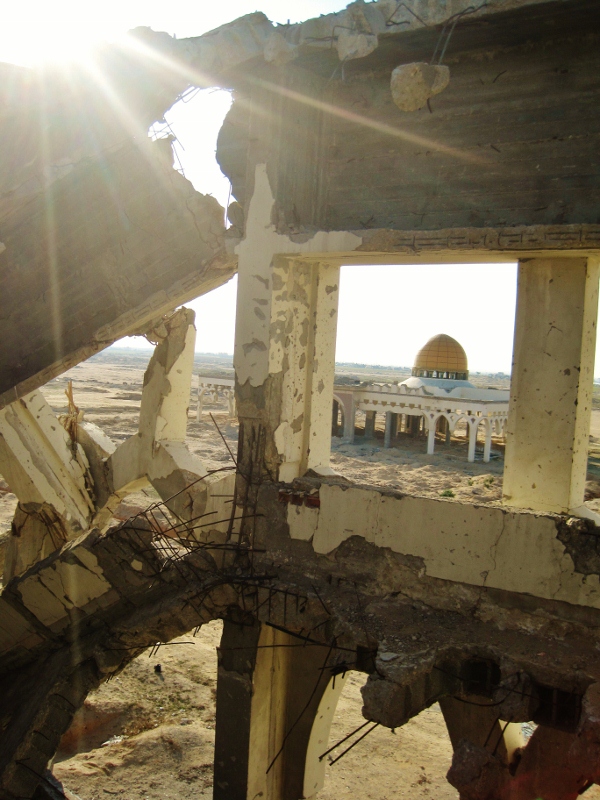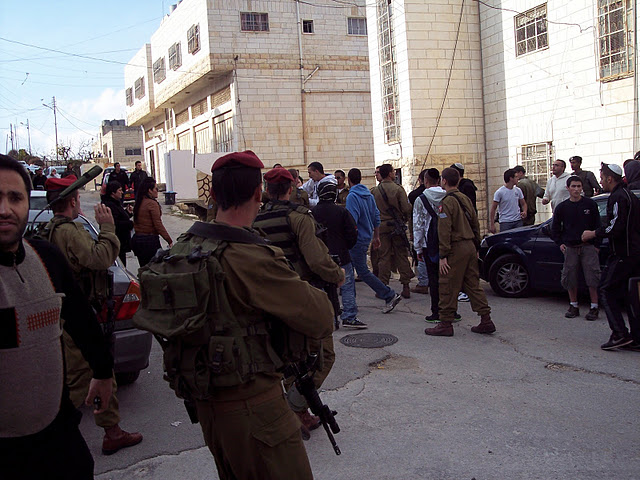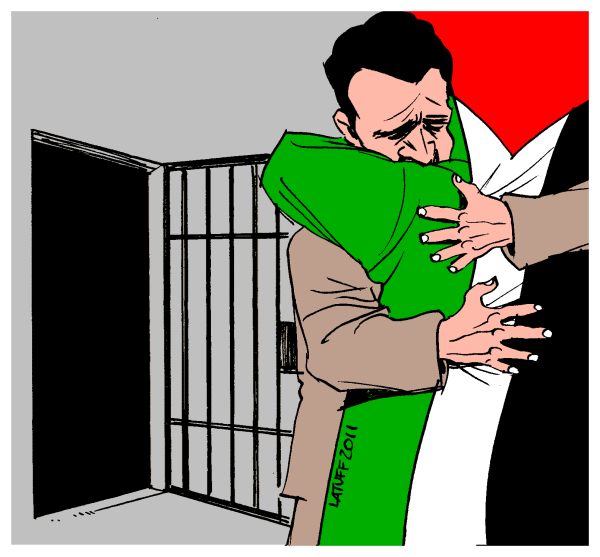Category: Journals
-
Drones in the shower, F-16s on the street: On leaving Gaza
by Radhika Sainath 20 December 2011 | Notes from Behind the Blockade I made the long journey out of Gaza last week. I must say, though I will miss the dozens of people who invited me into their homes, shared their stories, cooked me lunch, put up with my bad Arabic, boiled me countless glasses…
-
Settlers and military jump pedestrians in Tel Rumeida
by Fida Far 16 December 2011 | International Solidarity Movement, West Bank When my friend and I decided to walk downtown, we didn’t expect that this walk could be dangerous. There was a funeral going on for a settler woman who had been killed by her ex-husband, who in turn committed suicide. First we passed…
-
Further violence against prisoners as the second stage of the swap deal begins
by Shahd Abusalama 16 December 2011 | Palestine from My Eyes As the second stage of the swap deal begins, Israeli jailers escalate their violations of the simplest rights of the Palestinian political prisoners behind bars and exercise more violence against them. Such are the typical actions of typical Zionist soldiers. A statement I have…



